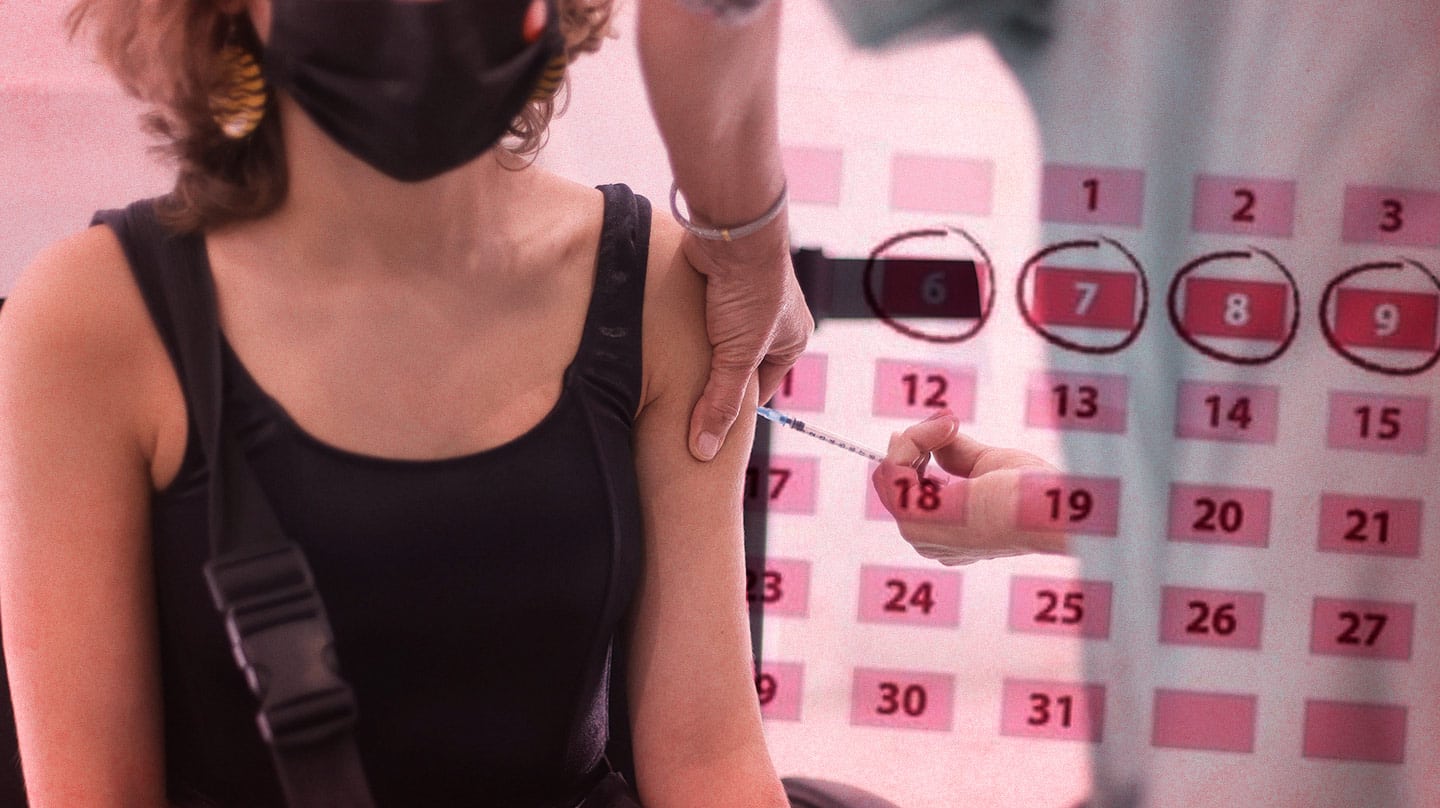–
–
The other leg of the study, for which they are collaborating with the Granada Clinical Hospital, will do an annual follow-up of about 150 women (there are already 130 in the project). “These are unvaccinated women who we monitor their period, the impact after the vaccine, premenstrual symptoms, blood and coagulation tests, as well as their sociodemographic characteristics and their lifestyle habits,” indicates the researcher. With all these data they hope to analyze the phenomenon and its causes, which are still unknown.
Although they consider different possibilities, Baena affirms that his team is inclined to think “of a vascular origin and related to coagulation rather than a hormonal alteration, since two or three cycles are usually regulated”.
Baena also wants to clarify that the problems they are detecting “are mild and transitory, we have not seen any income and therefore the vaccine is highly recommended and much better than the effects of Covid.”
At the moment, 60% of the women who responded to the retrospective survey had been vaccinated with Pfizer “which does not mean that this vaccine gives more reactions of this type but that most of the women who have participated were sanitary and had received that vaccine”.
Other similar data is provided by the Womanizer company, which a few weeks ago launched a survey on this issue to 552 vaccinated women and said one in five said that the vaccine affected their menstrual cycle. 31% for a more intense period than usual, 29% had more pain and another 22% had their menstruation delayed a few days.
More gender perspective
One of the things that Baena claims is the lack of a gender perspective in scientific studies and specifically related to menstruation: «It is a pending issue, in many cases women are not directly included in the studies because at a physiological level there are more complexity and even due to a paternalistic vision of protecting fertility, then there are no data ”.
